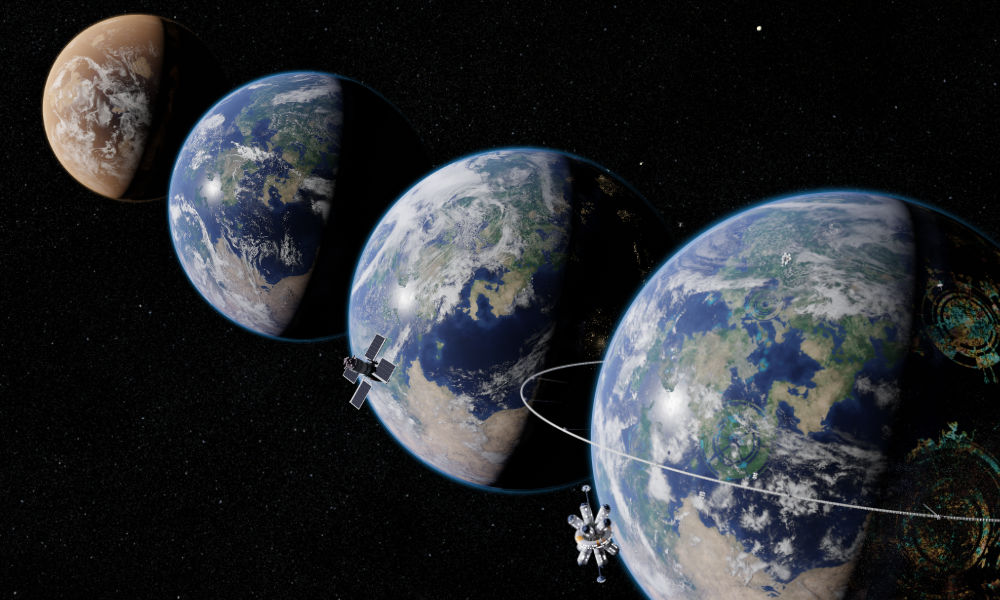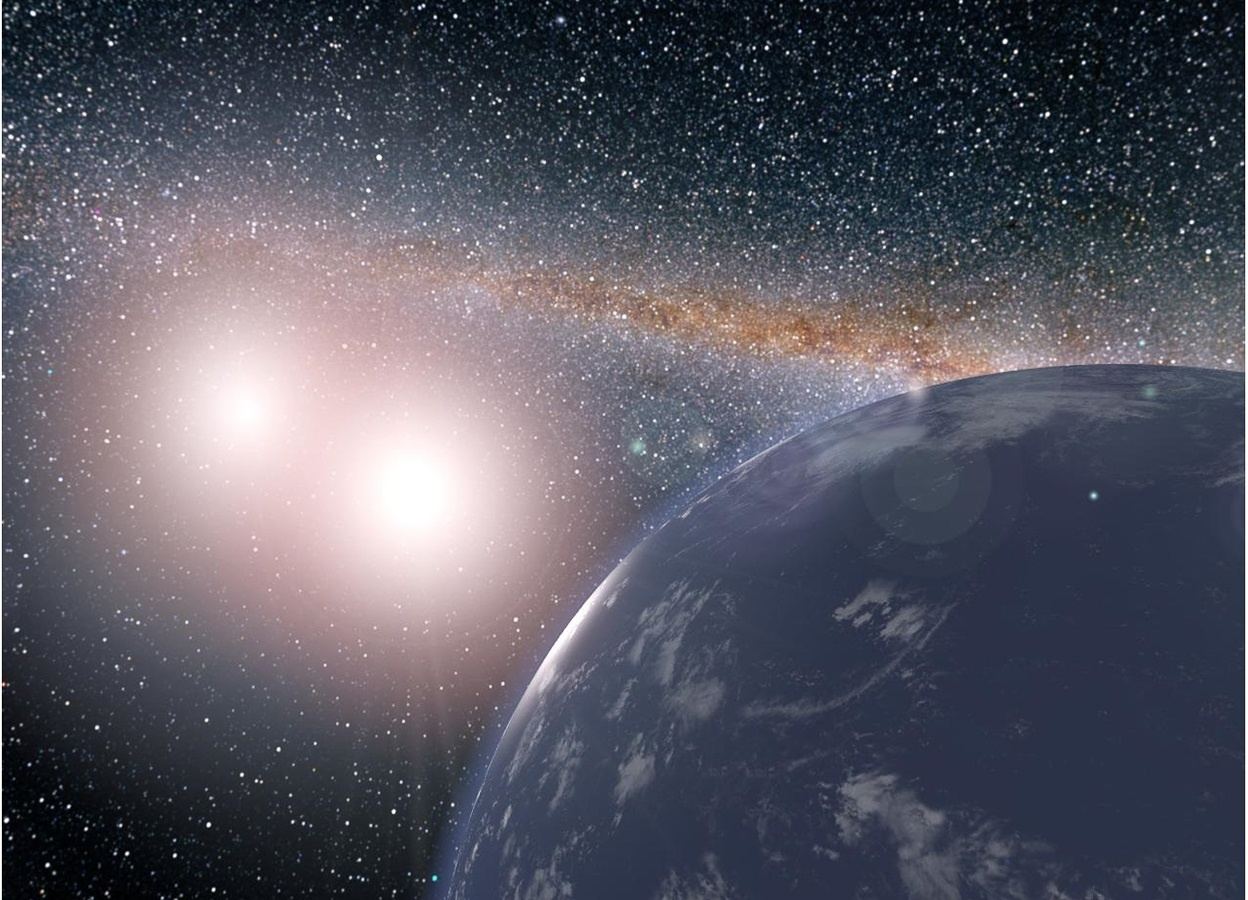What is humanity? Do our minds set us apart from the rest of nature and from the rest of Earth? Or does Earth have a collective mind of its own, and we’re simply part of that mind? On the literal face of it, that last question might sound ridiculous.
But a new thought experiment explores it more deeply, and while there’s no firm conclusion about humanity and a planetary mind, just thinking about it invites minds to reconsider their relationship with nature.
Overcoming our challenges requires a better understanding of ourselves and nature, and the same is true for any other civilizations that make it past the Great Filter.
Continue reading “Does the Entire Planet Have a Mind of its Own?”

